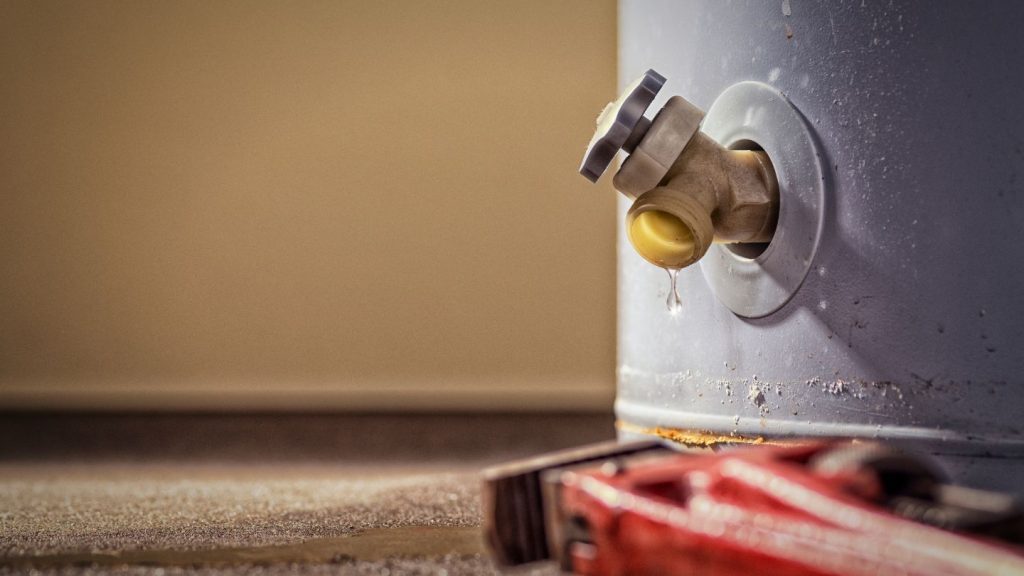Your water heater ranks among the hardest-working appliances in your home, providing hot water for everything from showers to dishwashing. Like any other tool, regular maintenance is required to perform optimally and last longer. Not only can routine upkeep extend the life of your water heater, but it can also reduce energy costs if it helps the heater work more efficiently.
This blog will show you the best techniques to help your water heater run and function in the upcoming years.
Regular Maintenance
Staying on top of your water heater maintenance can spare you the cost of expensive repairs or premature replacements. Sediment can build up over time in the tank, reducing efficiency and damaging the heating elements. Flushing the tank once a year removes sediment accumulation and provides for more efficient heating.
This simple procedure can also help ward off rusting, responsible for many water heater breakdowns. This is on the assumption that you don’t understand how to perform the flush. If you are a tank owner, you may want to contact an expert who can help you do it. Regular maintenance can also enable you to spot any issues sooner and prevent you from paying for expensive repairs including water heater repair in Saratoga Springs.
The Temperature Setting

Ensuring your water heater is set at the right temperature is one of the easiest steps to extend its life. Overheating the house adds extra strain on the system, which can mean even more wear and tear than is necessary. In most cases, 120 degrees Fahrenheit is hotter than most approaches needed in households, and most water heaters work fine at that temperature. If you keep your thermostat set higher, you are wasting energy and potentially speeding up the failure of internal components. Even a 10-degree reduction in temperature can result in significant energy savings in the long run.
Inspect the Anode Rod
Your water heater also has an anode rod that helps prevent the tank from corroding. It attracts harmful minerals in the water, so they corrode the rod, not the tank itself. However, the anode rod will decay over time and require a replacement.
Depending on water quality, this may be required every 3-5 years . Failing an anode rod can corrode a tank, which could be an expensive repair or replacement. Regularly inspecting and replacing the anode rod as required will keep your system running smoothly.
Check for Leaks

Leaks are among the most common signs that your water heater needs attention. What starts as a tiny leak can become a huge headache, creating havoc in your home and raising your water and energy bills. Check your water heater periodically for leaks at the base or around the connections. Promptly fixing the issue could save you from expensive repairs or replacements if you see a leak. When you are not in a position to resolve your leak on your own, specialist assistance for water heater repair is truly your best bet.
Wrapping Up
Routine maintenance can increase your water heater’s lifespan. From draining the tank to replacing the anode rod and checking for leaks, these minor chores can help you get much more life from your water heater. Investing in maintenance will help you avoid expensive repairs while increasing efficiency and decreasing energy costs. If you have any questions about maintenance work details, don’t hesitate to contact a pro to help keep your water heater operating smoothly.






